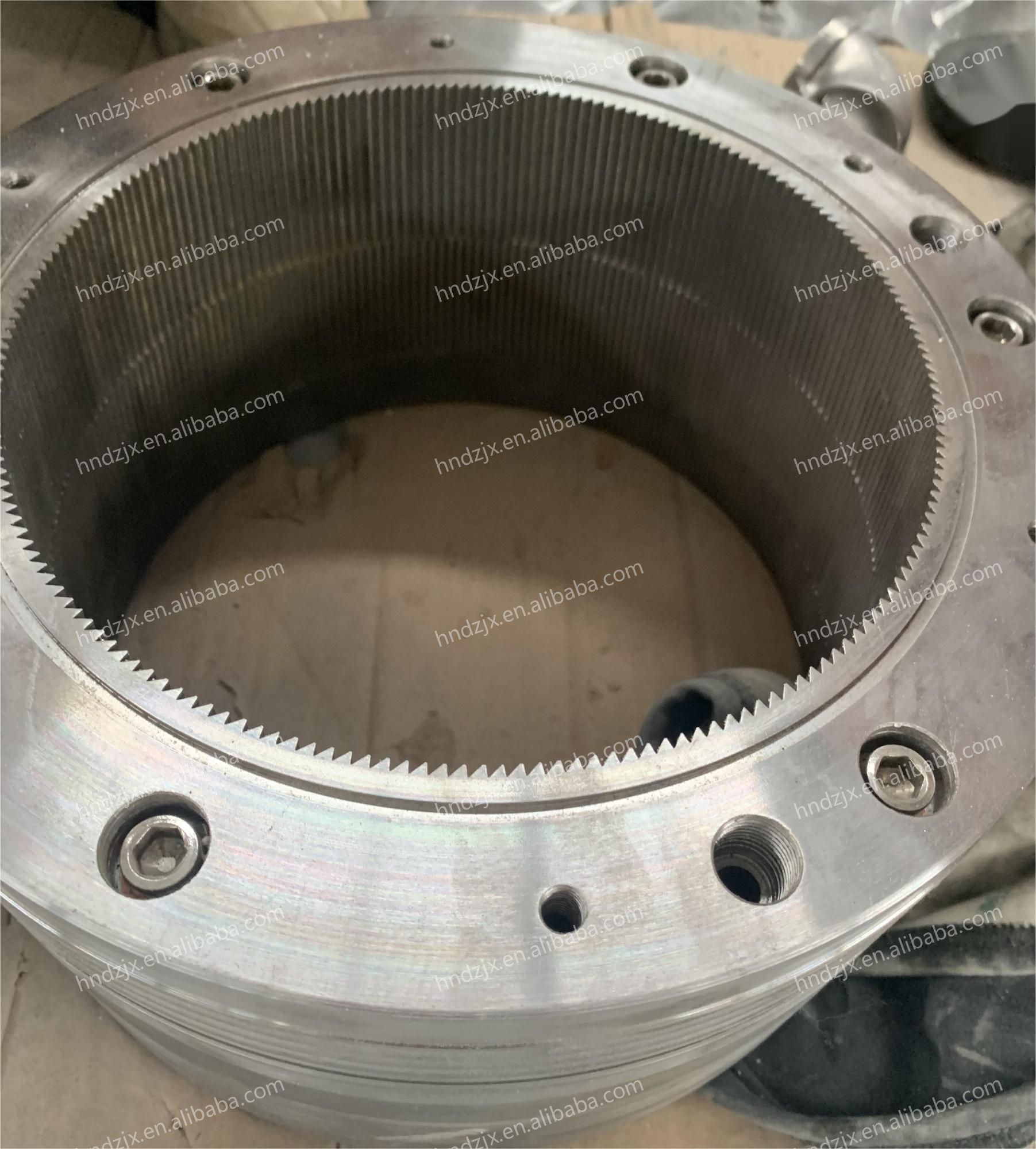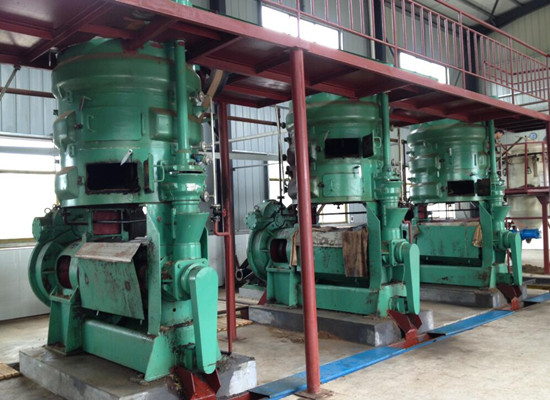
Screw oil presses operate by using a rotating screw shaft to push soybeans through a chamber. As the soybeans are compressed, oil is squeezed out. This process is continuous, which means it can handle large - scale production. For example, a medium - sized screw oil press can process up to 5 tons of soybeans per day. On the other hand, hydraulic oil presses use hydraulic pressure to press the soybeans. The process is batch - based, where a certain amount of soybeans is placed in the press, and then pressure is applied. A typical hydraulic oil press can process around 1 - 2 tons of soybeans per day.

Screw oil presses are well - suited for large - scale industrial production. Their continuous operation allows for high - volume output, making them ideal for large factories. They are also relatively easy to operate, with automated controls reducing the need for extensive manual labor. In terms of performance, they can extract a high percentage of oil from soybeans, usually around 90% - 92% of the available oil.
Hydraulic oil presses are more suitable for small - scale operations, such as family - run workshops. They offer more control over the pressing process, which can result in higher - quality oil. The batch - based operation allows for careful monitoring of each pressing cycle. Hydraulic oil presses can produce oil with a purity of up to 95% in some cases, making them a great choice for customers who prioritize oil quality.

| Aspect | Screw Oil Press | Hydraulic Oil Press |
|---|---|---|
| Efficiency | High - continuous operation, large - scale output | Low - batch - based operation, small - scale output |
| Oil Quality | Good, but may contain more impurities | High, more control over the process |
| Maintenance | Relatively complex, due to more moving parts | Simpler, fewer moving parts |
| Operation Difficulty | Low, automated controls | Medium, requires more manual attention |
An integrated oil filtration system is a game - changer in the soybean oil production process. It can remove impurities, such as soybean residues and other contaminants, from the extracted oil. This results in clearer, purer oil. For both screw and hydraulic oil presses, an integrated filtration system can increase the oil's shelf - life and improve its marketability. For example, in a factory using a screw oil press with an integrated filtration system, the oil's clarity can be improved by up to 30%.

To help customers make a rational decision, we provide a self - assessment tool. If you are running a large - scale industrial factory with high production demands, a screw oil press might be your best bet. However, if you are operating a small workshop and value oil quality above all else, a hydraulic oil press could be the right choice. By considering your production capacity, budget, and quality requirements, you can find the most suitable soybean oil press solution.
Don't miss out on the opportunity to optimize your soybean oil production. Click here to learn about the most suitable soybean oil press selection plan tailored to your needs!

